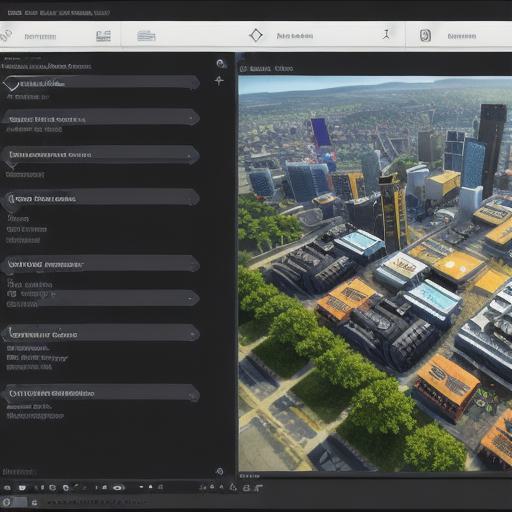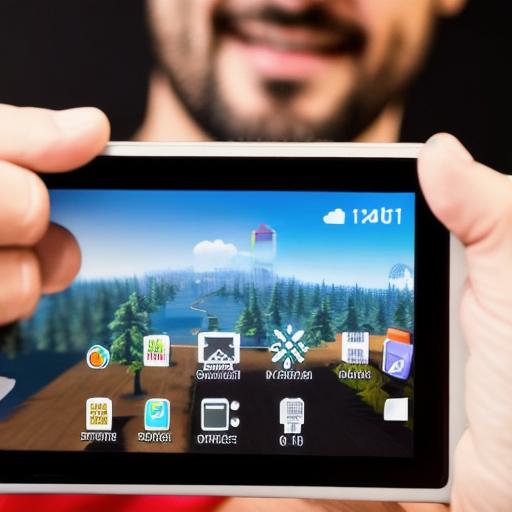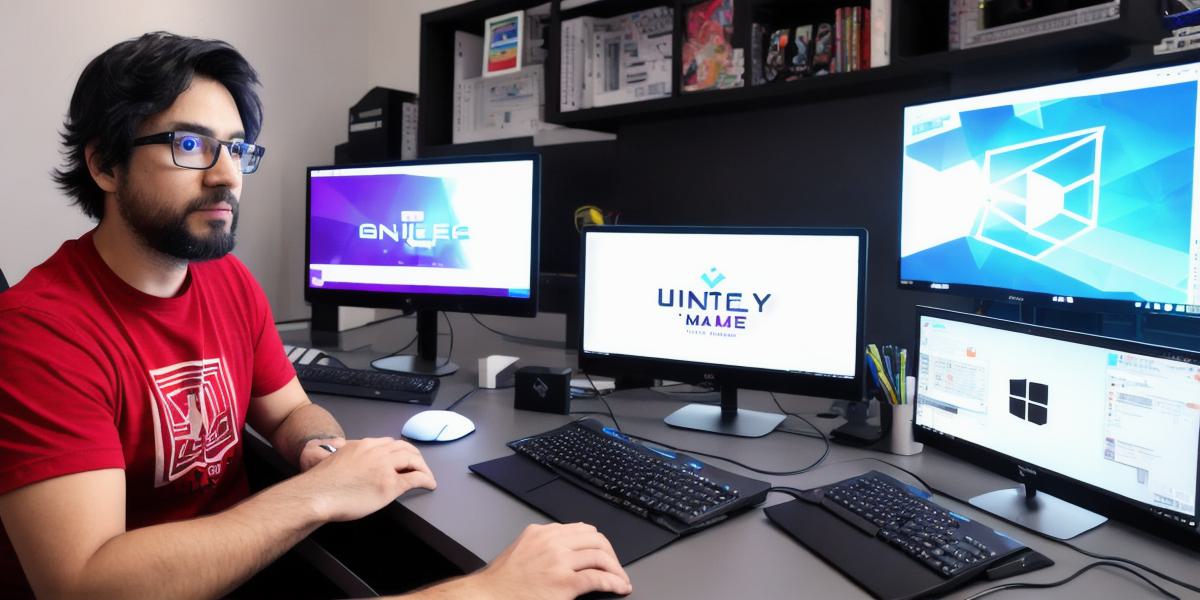**Query 1:**
*How do I get started with developing mobile games using Unity?*
To embark on your journey into mobile game development using Unity, follow these straightforward steps:
1. **Acquire the Necessary Tools:** Download and install Unity Hub and the desired version of Unity. Register for a free Unity account to access the community assets and resources.

2. **Learn the Basics:** Familiarize yourself with C programming, Unity’s interface, and game development concepts such as 3D modeling, animation, physics, and scripting. Utilize online tutorials, documentation, and forums for guidance.

3. **Choose a Development Platform:** Decide on your target mobile platform – iOS or Android – and ensure you have the appropriate development tools installed, such as Xcode for iOS and Unity’s Android SDK.
4. **Set Up Your Project:** Create a new 2D or 3D mobile project in Unity, then import assets like models, textures, and sounds to build your game. Set up your scene, camera, and lighting to create an immersive environment.
5. **Write the Code:** Use C scripting to control game objects, behaviors, interactions, and user inputs. Master fundamental concepts like collision detection, game logic, and animation through scripting.
6. **Build and Test Your Game:** After developing your game’s core mechanics, design levels or mini-games, implement menus and settings, then build and test your game on a mobile device to ensure optimal performance and user experience.
7. **Publish Your Game:** Once you’re satisfied with your mobile game, use Unity’s publishing tools to prepare it for submission to the App Store or Google Play. Complete the required processes for each platform, such as creating an account, setting up distribution channels, and providing necessary metadata.
**Conclusion:**
By following these steps, you will have a solid foundation for developing engaging mobile games using Unity. Embrace the power of this versatile engine and create captivating experiences for your users.
